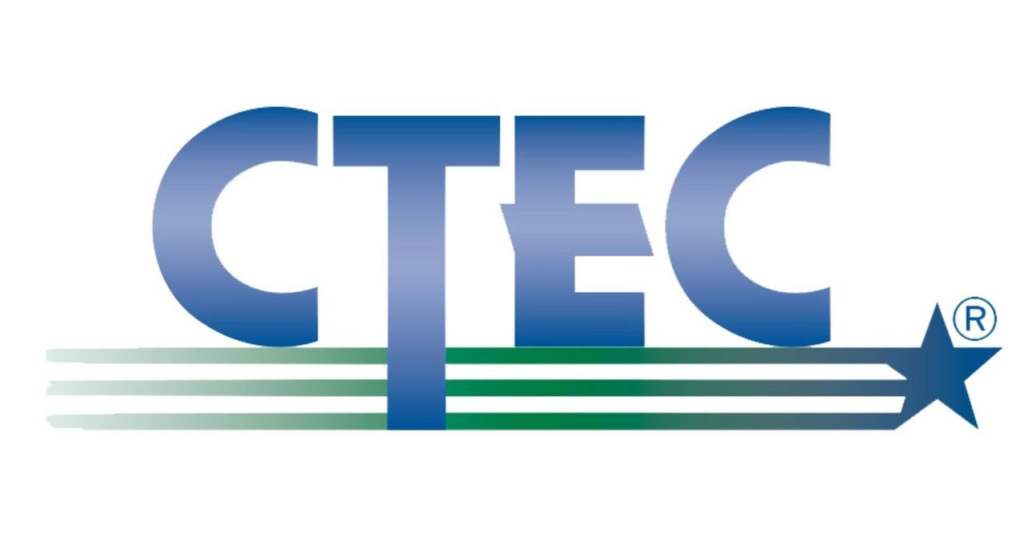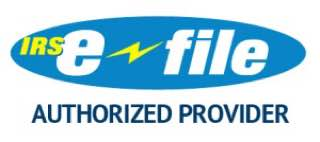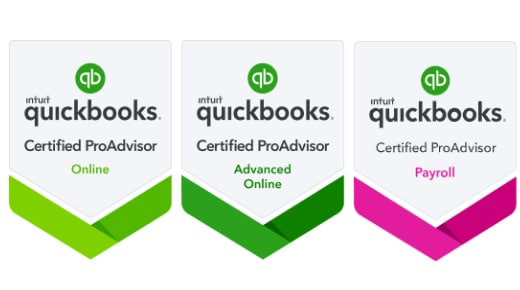Business-startup/Registration
The government has rolled out a Startup India scheme for the growth of businesses by promoting innovations. The DIPP registration comes with many benefits that startups can leverage by registering a business entity under the StartUp India scheme. This scheme is envisioned at transforming India into a job-provider rather than a job seeker. Only an entity which is registered as a Private Limited Company or a Limited Liability Partnership (LLP) or a Registered Partnership Firm can get recognition under Startup India Scheme. Further, such startup must be involved in the activities towards innovation or improvement in existing products or services, and must be capable of generating employment or wealth creation. Only an eligible entity as per the criteria provided by the government can take registration under the said scheme by applying online via Mobile Application or through portal set up by DIPP.

Benefits of Startup India Registration
Tax Exemption
The entity registered under the Startup India Scheme can apply for an exemption of income tax under section 80 IAC of the Income Tax Act. Such an entity can avail tax exemption for 3 consecutive financial years out of first 10 years from the date of incorporation provided following conditions are fulfilled: (1) An entity shall be a Private Limited Company or Limited Liability Partnership. (2) It shall be incorporated between 01st April 2016 to 01st April 2021.
Angel Tax Exemption
The Startup India recognized entity can avail tax exemption benefit from the funds received as angel investment. The exemption is only granted if the total amount of paid-up share capital and share premium does not exceed Rs. 25 Crore after the proposed issue of share. To avail this exemption the entity need to fulfil some conditions for investing in certain assets.
Rebate in Trademark and Patent Application fees
All the startups registered under this scheme can claim a rebate on the government fees for filing a trademark application. And up to 80% rebate in Patent applications and can avail the benefit of fast track patent application. Entire fees of Facilitators for any number of Patents, Trademarks or Designs a Startup may file, shall be borne by the Government. Hence Startups will have to bear the cost of Statutory Fees only.
Self Certification
Startups can self certify the compliance under 6 Labour Laws and 3 Environmental Laws for 5 years from the date of incorporation.
Government Tenders
Registering an entity under the DIPP recognition scheme enable Startups to apply for Government tenders. One of the requirements of having minimum prior experience/turnover for filing the government tender by the companies is not applicable to the companies registered under the StartUp India scheme. Startups recognised under DIPP have been exempted from submitting Earnest Money Deposit (EMD) while filing government tenders.
Interaction platform for Startups
Networking is an essential key for any entrepreneur to get recognition in the market and among other industry peers. After registering under the DIPP scheme, the startups get a platform to meet other startups, well-known speakers, investors etc. at various fests and summits organized by Government at a huge scale. Startups recognised under DIPP can register on Government e-Marketplace as a seller and sell their products and services directly to Government Entities.
Fund of Funds for Startups
The startup can raise funds and capital through the fund of funds initiative by Startup India. DIPP has proposed to release Rs.10,000 crore for Startups through this scheme. Small Industries Development Bank of India shall provide funds to Startups approved by Implementing Agencies.
Faster Exit
The startup entities registered under Ministry of Corporate Affairs (MCA) i.e A Private Limited Company and an LLP will be wound up on a fast track basis. Under the Insolvency and Bankruptcy Code,2016, Startups with simple debt structure or those meeting certain income specified criteria can be wound up within 90 days of filing an application for insolvency.
Documents required for recognition under Startup India Initiative
COI
Certificate of Incorporation from MCA/Registration Certificate from ROF
PAN Card
PAN Card of an entity
Constitutional documents
A misaligned vision
and strategy
List of Directors, DP's and Members
Difficulty innovating or quickly launching new capabilities
Social link
URL of website & Mobile App of an entity (if any) and Social Profile’s (LinkedIn and/or twitter) of Directors, DP’s and members.
Fund related
If the entity has received any funds then the details related to the amount of investment and investor.
IPR Registration
If the entity has applied or registered any IPR then the Information related to such application or registration.
Awards/Certificate
Information relating to any Awards/Certificate/ Recognition received by the entity.
Annual Statements/ITR
To claim deduction under section 80-IAC, Form-1 needs to be filed along with Annual Accounts of the Startup for last three financial years (if applicable) and Copies of Income Tax Return for last three financial years (if applicable).
Get In Touch With Us

About us
Why I say old chap that is spiffing lavatory chip shop gosh off his nut.!

CTEC ID#A334185

Quick Links
Copyright 2022. All Rights Reserved.
